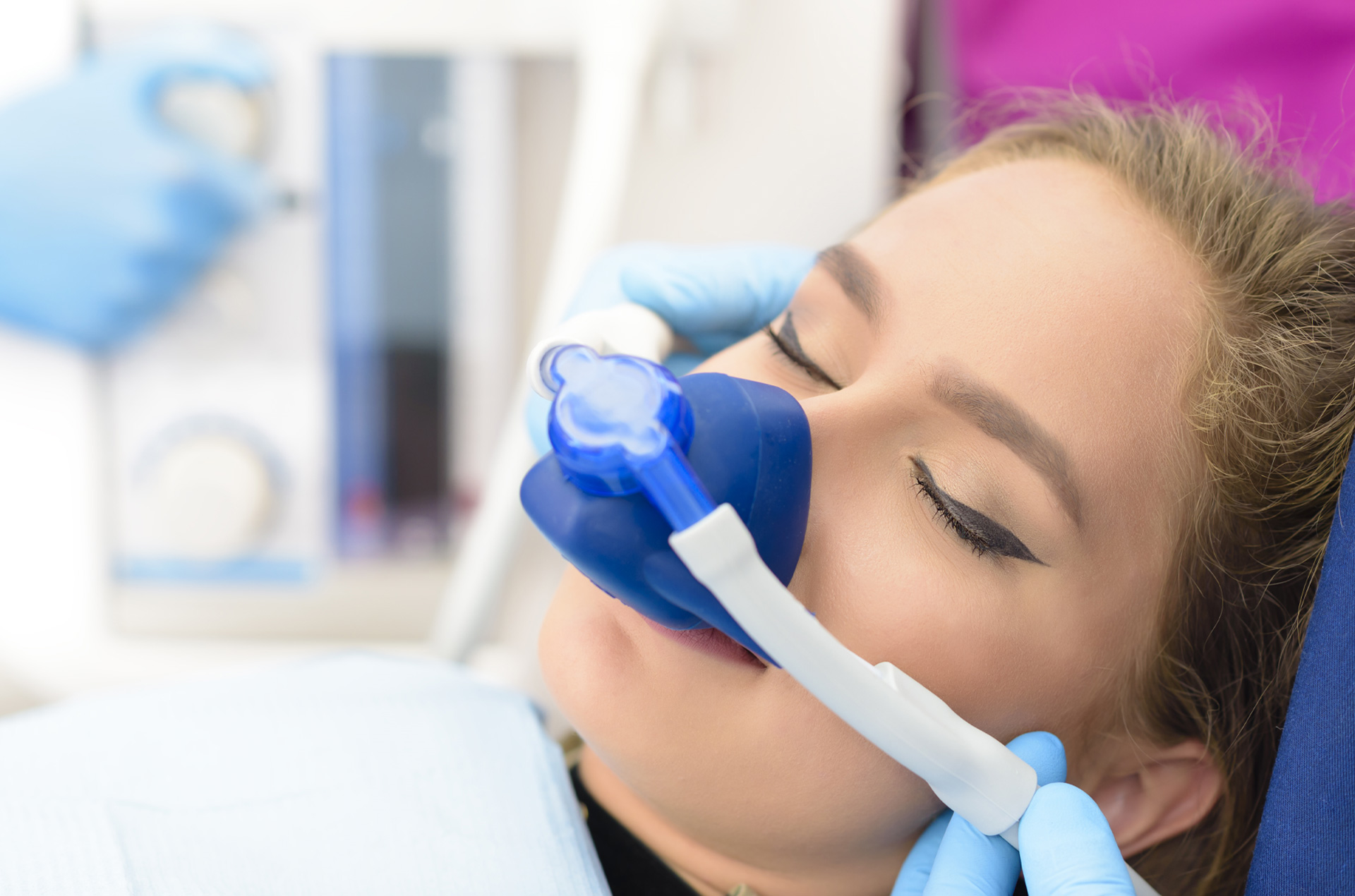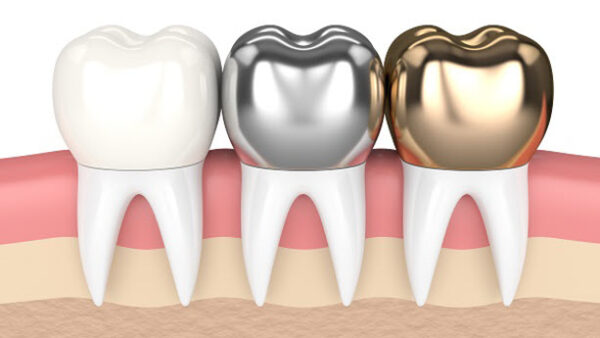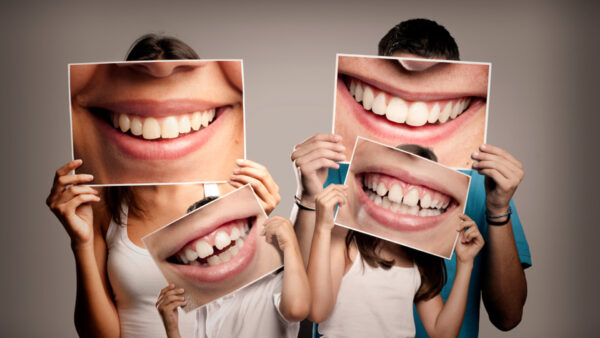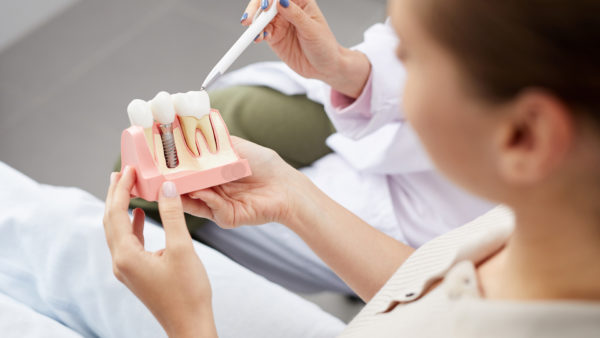At Pascack Dental Arts, we recognize that dental anxiety can be a significant barrier to receiving the essential dental care you need. Fortunately, there are options available to make your dental experience more comfortable and stress-free. One such option is sleep dentistry, also known as sedation dentistry. Below, we’ll provide a comprehensive guide to help you better understand sleep dentistry, its benefits, and how it can benefit you.
What Is Sleep Dentistry?
Sleep dentistry, or sedation dentistry, is a practice that uses sedatives to help patients relax during dental procedures. This approach is particularly beneficial for individuals who experience dental anxiety, have a low pain threshold, or need extensive dental work. Sedation levels vary, from minimal sedation (awake but relaxed) to deep sedation (unconscious), depending on the patient’s needs and the complexity of the procedure.
Types of Sedation
To better understand sleep dentistry, it’s essential to know the various types of sedation that can be used. The most common forms include:
1. Minimal Sedation: In this state, you are awake and relaxed. You may be able to respond to verbal cues and breathe on your own.
2. Moderate Sedation (Conscious Sedation): At this level, you are conscious but very relaxed. You may not remember much of the procedure and may slur your words or feel drowsy.
3. Deep Sedation: In deep sedation, you are on the edge of consciousness but can be awakened easily.
4. General Anesthesia: Under general anesthesia, you are completely unconscious and have no awareness during the procedure. This level is typically reserved for more complex surgeries.
The Benefits of Sleep Dentistry
1. Anxiety Reduction: Sleep dentistry is a powerful tool for alleviating dental anxiety. It allows patients to feel relaxed and comfortable throughout their dental treatment.
2. Pain Management: Sedation dentistry is highly effective in managing pain, making it an ideal choice for patients with low pain thresholds or sensitivity.
3. Improved Treatment Experience: For individuals who require extensive dental work, sedation dentistry can make the process more manageable, as it allows for multiple procedures to be performed in one session.
4. Reduced Gag Reflex: Some patients have an overly sensitive gag reflex that can make dental procedures uncomfortable. Sedation can help minimize this reflex.
5. Time Efficiency: Complex procedures can be time-consuming. With sedation dentistry, dental professionals can work more efficiently, reducing the time you spend in the chair.
Is Sleep Dentistry Right for You?
The decision to undergo sleep dentistry should be made after discussing your concerns and needs with your dentist. Factors to consider include the extent of your dental anxiety, the type of procedure you require, and your medical history. Your dentist will help you determine the most suitable form of sedation and ensure your safety during the process.
At Pascack Dental Arts, our experienced team is committed to providing you with the best possible dental care. We are here to guide you through the process and answer any questions you may have about sleep dentistry.
Understanding sleep dentistry is the first step toward overcoming dental anxiety and receiving the dental care you need. With the various sedation options available, you can find a solution that is tailored to your specific needs and preferences. Don’t let fear hold you back from maintaining excellent oral health. Reach out to our team at Pascack Dental Arts to discuss how sleep dentistry can help you achieve a healthier, more beautiful smile while ensuring your comfort and peace of mind during your dental visits.





Leave a Reply